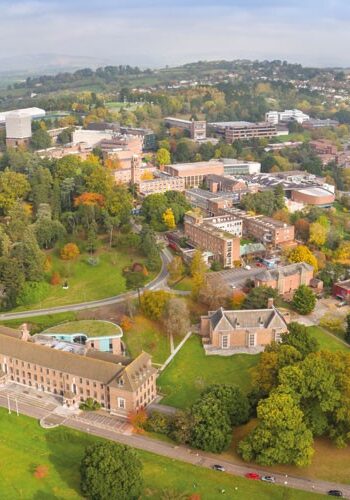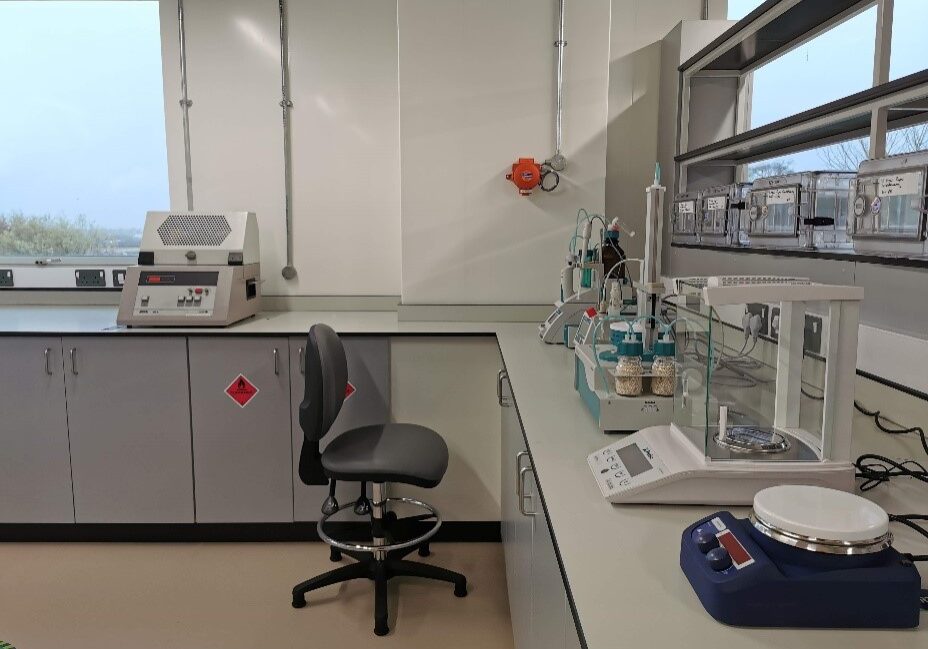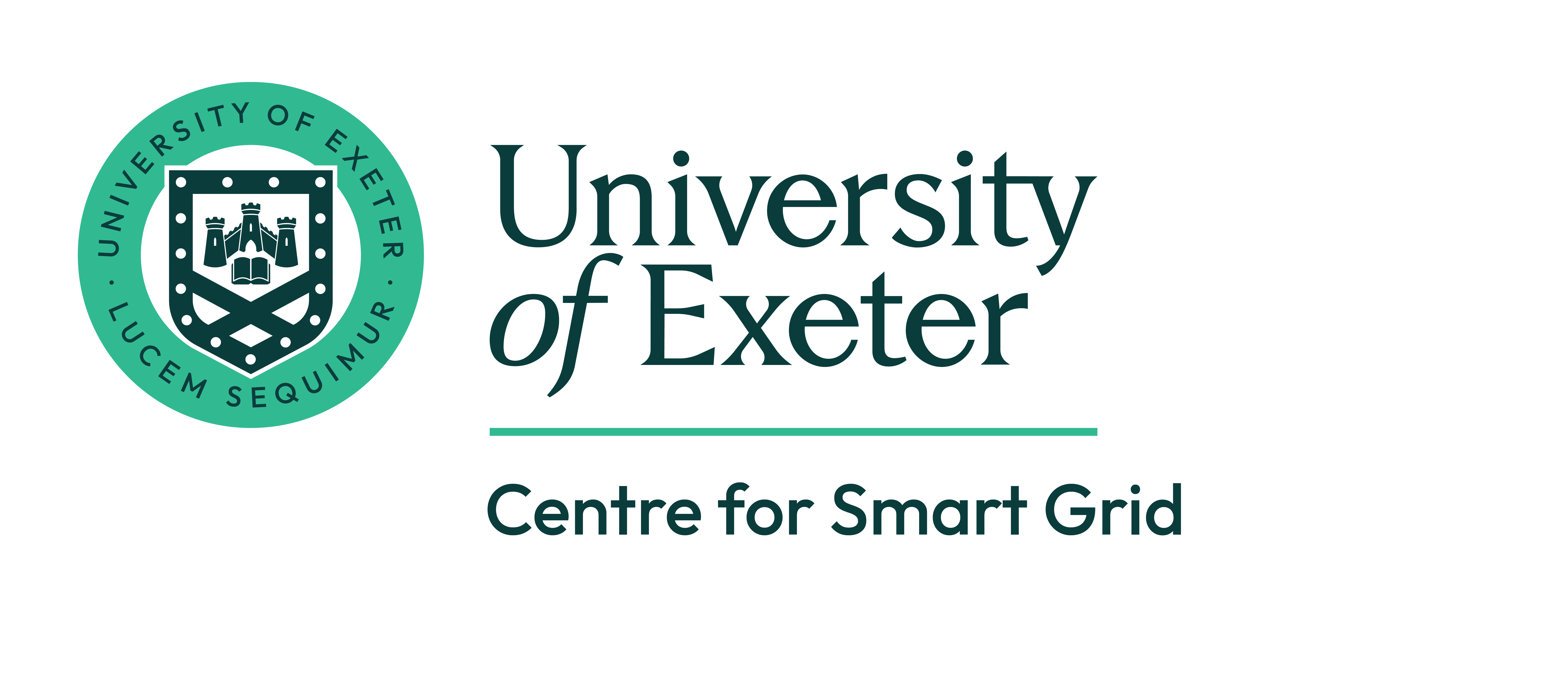
The University of Exeter has been dedicated to discovery and changing lives through education since 1851 when the Exeter Schools of Art and Science were founded. In 1922 it became the University College of the South West, receiving the Charter in 1955, achieving full university status and becoming the University of Exeter. The University was joined in 1978 by St Luke’s College of Education (est. 1840) and in 2004 the Penryn Campus was opened, expanding the provision of higher education in Cornwall.
The University of Exeter combines world-class research with excellent student satisfaction, from campuses in the South West of England, in Exeter and Cornwall. It is one of the very few universities to be both a member of the Russell Group and have a Gold award from the Teaching Excellence Framework (TEF), evidence of our established international reputation for excellence in both teaching and research.
Exeter is one of the top universities in the world and is amongst the top 175 universities worldwide according to the Times Higher Education World University Rankings, the most influential global league table. This year’s Guardian league table (2020) lists Exeter in 16th position out of 121 higher education institutions. Our success is built on a strong partnership with our students and a clear focus on high performance.
Centre for Smart Grid at the University of Exeter is led by Prof. Zhongdong Wang (Professor of Electrical Power Engineering). The team includes Prof. Peter Crossley (Professor of Power Systems Protection and Control), Dr. Shanika Matharage (Lecturer in Smart Grid), Dr. Shuhang Shen (Lecturer in Smart Grid), two post-doctoral research fellows Dr. Bin Cao and Dr. Hang Xu. and seven PhD students Yaoxian Yang, Abdelrahman Alshehawy, Christian Pößniker, Rui Yu, Xin Wang, Yujiao Qiao and Haonan Yang.
The Centre is designed to conduct world-leading research to realise the opportunities and meet the challenges of converting the conventional power network towards a low carbon “Smart Grid”, capable of efficiently and resiliently transporting electrical energy from renewable sources to the consumers.
Transformer Research at University of Exeter

Research Facilities
The dielectric materials laboratory has the facilities to pre-process and characterise dielectric materials. The main instrumentation/facilities in the lab include,

- Karl fisher titrator for moisture measurement
- Potentiometric titrator for acidity measurement
- Online dissolved gas analyser
- Dielectric constant, tan delta and resistivity tester
- Frequency response analyser
- Frequency dielectric spectroscopy analyser
- AC Breakdown tester
- Fume hood
- Vacuum and air circulating ovens
